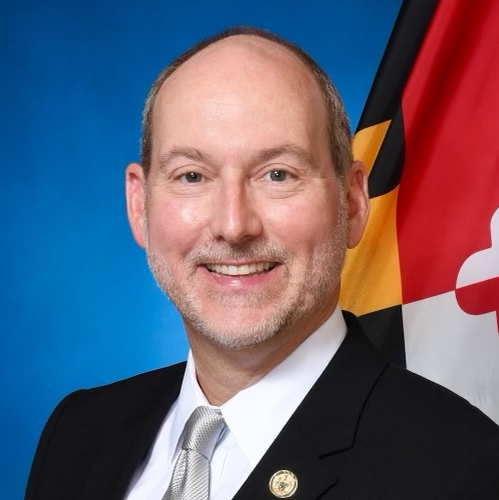This post was written by Hatchet reporter Kelly Brand.
Before Paul Tergat was an Olympian, a New York City Marathon winner and a world record-holder, he was a child growing up hungry in the rural Rift Valley of Kenya. Then the World Food Program stepped in.

Tergat came to the Smith Center last week to talk to students and members of the varsity cross country teams about his work with the United Nations World Food Program, its impact on his life and the effort to end child hunger throughout the world.
“Because of a simple vision, a simple idea, somebody somewhere decided there are children in Latin America, in Africa, in Asia,” Tergat said. “They can be champions too.”
Tergat is in D.C. for meetings with officials from Congress and the Senate to discuss possible future expansions in funding.
Born into a family with 17 children, Tergat said he started out his life hungry. At the age of eight, the WFP began providing one free meal a day to the students in his school. Tergat said this hot meal was his motivation to go to school every day.
By age 18, Tergat entered the world of professional running and became a UN World Food Program ambassador in 2004.
More then 23 million children in Africa go without daily meals. Tergat says that he believes that these hungry children have bright futures, but without nourishment and education they have no way to see it in themselves.
“They can also achieve their full potential,” Tergat said.
As a living, achieving beneficiary of the program, Tergat says there is still much more the program wants to do. He urged GW students to help end childhood hunger, starting with 25 cents.
“If I give that to you, you won’t buy anything,” Tergat said. “But it can feed and keep a child in school.”


